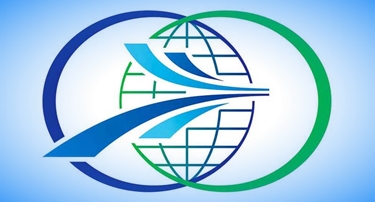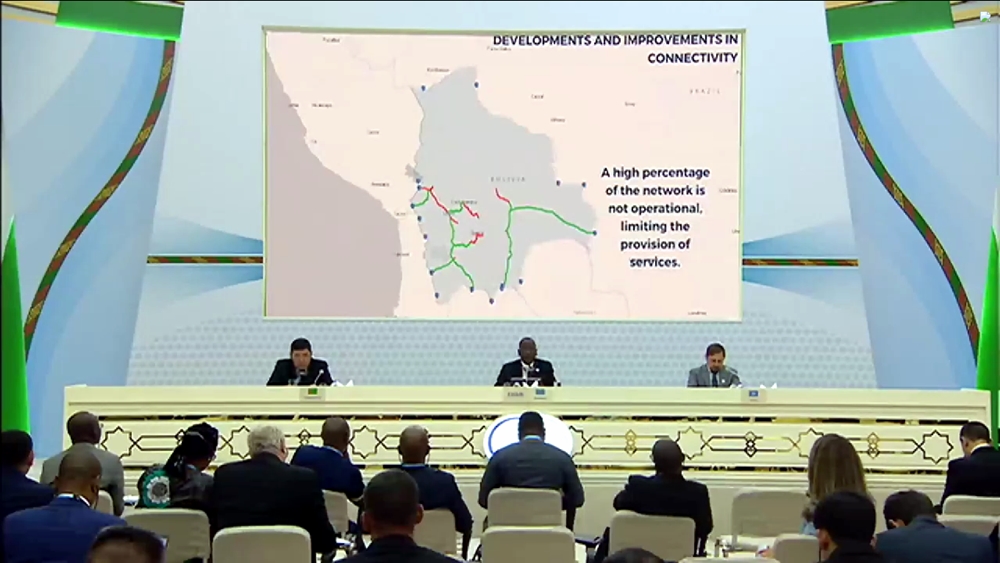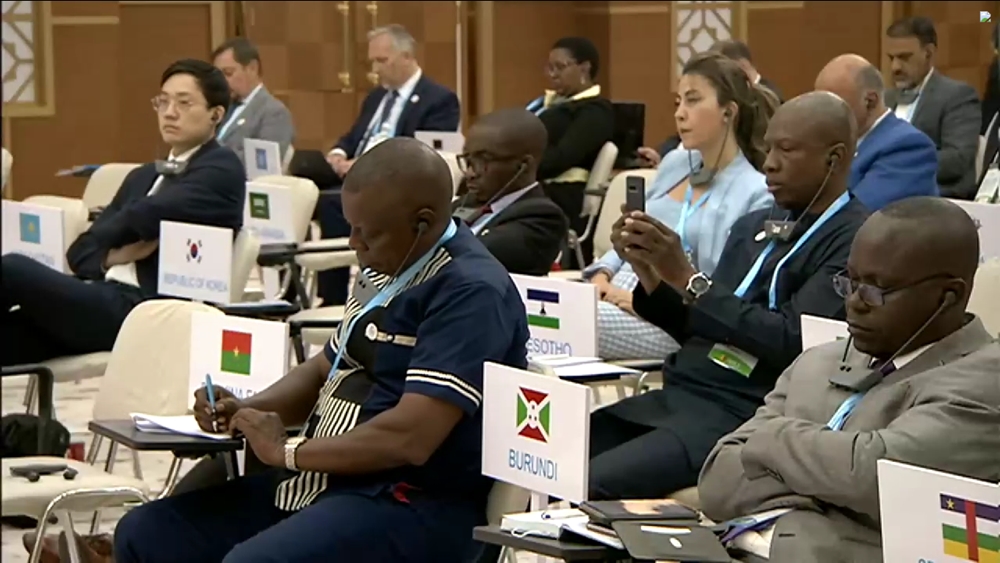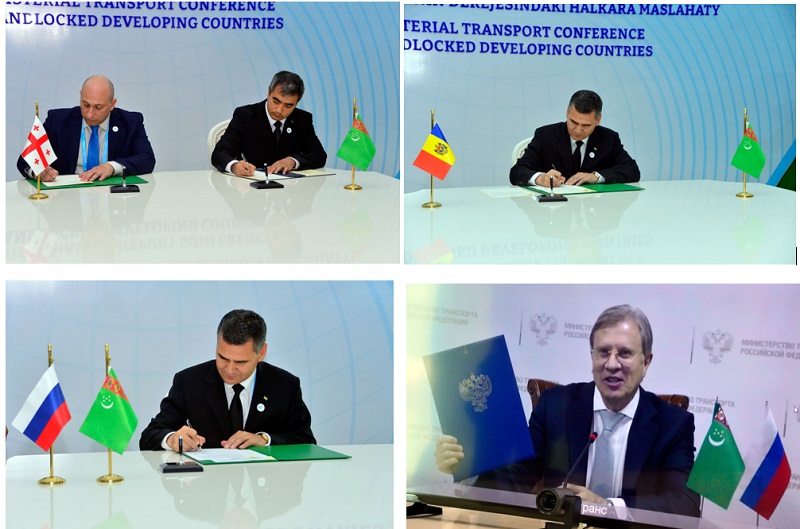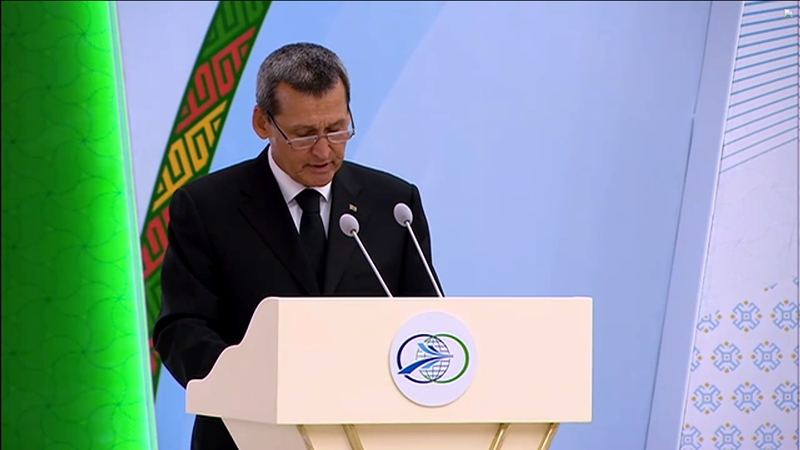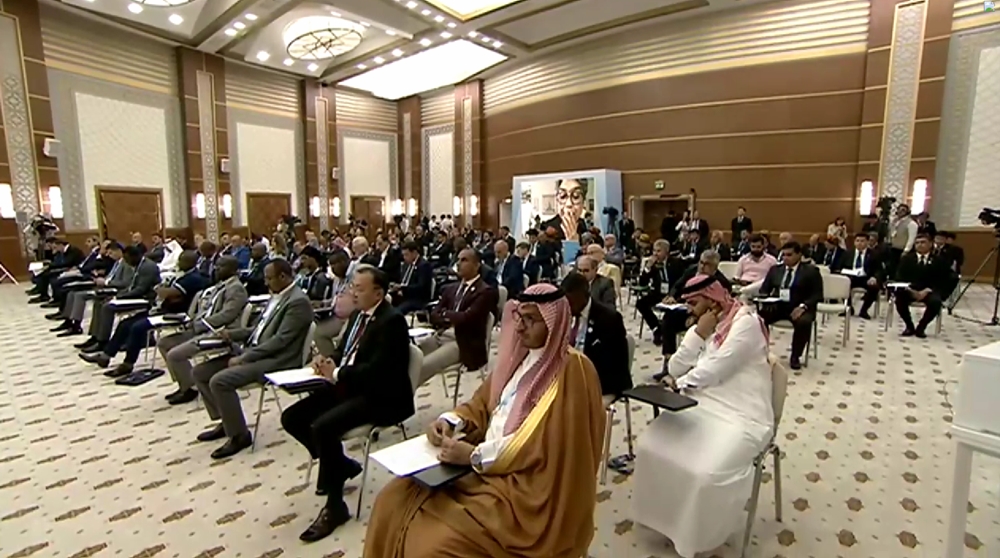The Ministerial Transport Conference of Landlocked Developing Countries under UN auspices concluded Tuesday in the tourist zone Avaza.
The second day of the forum included four sessions and several side events.
The third session entitled “Promotion of corridors, regional connectivity and integrated multimodal transport systems” underlined that the transport corridors are very instrumental for sustainable recovery from the Covid-19 and the corridor approach is increasingly utilized by LLDCs and their transit neighbors.
Promoting corridors is especially important for LLDCs, because they support the physical and soft infrastructure that facilitate smooth transit flow and trade thereby contributing to increased trade potential of LLDCs and regional development.
The Vienna Program of Action for LLDCs embeds promotion and effective multimodal transport system in LLDCs and transit countries. In particular, corridors open a way to developed trade and favoring regional integration.
The next session stressed the need for accelerating digitalization for enhanced transit and trade facilitation and for sustainable and resilient recovery from COVID-19.
In particular, the panel presentations featured the policy measures and instruments for improvement of digitalization and facilitation of trade procedures. The speakers agreed that digitalization will assist to simplify procedures on the borders, to provide fully paperless logistics and transportation. The lack of coordination on the borders creates specific problems, which can be resolved through digitalization.
The session voiced recommendations for enhanced transit and trade facilitation through enhanced use of ICT and digitalization by LLDCs and transit countries.
The sustainable mobility, environmentally sustainable and resilient transport systems, climate change adaptation and best practices of mitigation were considered during the fifth session.
This session discussed how to ensure that transport systems are sustainable, resilient and adapted to the impacts of climate change, as it is the major risk transport sustainability in LLDCs.
So far, GHG emissions, caused by LLDC transport sector more than doubled between 2000 and 2021.
The experts identified needs and shares best practices, available tools, strategies and recommendations for developing sustainable transport and resilient infrastructure.
The last session covered the issues of enhancing partnerships for capacity-building, sustainable transport, data initiatives and road safety.
The estimates show that to reach the global average densities for paved roads and railways LLDCs would need to invest about US $ 500 billion equivalent to 2% of GDP over the period of twenty years.
This panel discussions defined the capacity gaps faced by LLDCs in achieving efficient and sustainable transport systems including in infrastructure development, data collection, ICT solutions, road safety etc. The experts explored opportunities for technical assistance and partnerships that can be built or strengthened at national, regional and international levels.
Documents Signed
On the sidelines of the conference Turkmenistan has inked several documents with foreign partners on transport cooperation, including:
- Memorandum of Understanding between the Agency for Transport and Communications under the Cabinet of Ministers of Turkmenistan and the Ministry of Transport of the Russian Federation on the development of international road transport
- Intergovernmental Agreement between Turkmenistan and the Republic of Moldova on international road transport
- Memorandum of Understanding between the maritime transport agencies of Turkmenistan and Georgia.
Awaza Summary Statement – key points
At the closing session of the conference DPM, foreign minister of Turkmenistan Rashid Meredov summed up the outcomes of the forum and introduced the main points of the Awaza Summary Statement.
The statement is a summary of the conference, based on the statements, made by the ministers, background documents and the proceedings of the sessions.
The document emphasizes the important role of transport connectivity for sustainable post-pandemic recovery of LLDCs and calls for enhanced transport connectivity of LLDCs, acceleration of the implementation of Vienna Program of Action.
It acknowledges that while transport activity has begun to recover globally, this process is not stable and LLDCs remain behind. Hence, allocated funds can make a difference in the development of sustainable transport infrastructure.
Particularly, the statement calls for greater collaboration and capacity building, greater use of information and communication technologies in transport and transit systems.
It calls for promotion of corridors, regional connectivity, integrated multimodal transport systems, and seamless connectivity of transport and trade. It notes that enhancing of the implementation of the World Trade Organization agreement on trade facilitation as well as other international and regional trade and transport related conventions, regulations and agreements by LLDCs, transit countries and their partners is fundamental to address delays at the borders.
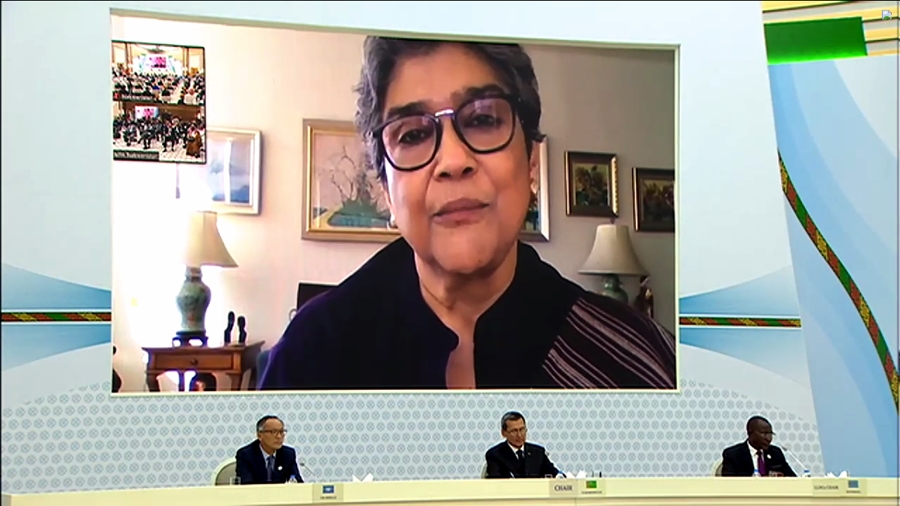 Simplifying processes and enhance transparency of goods and services including goods in transit is crucial.
Simplifying processes and enhance transparency of goods and services including goods in transit is crucial.
The summary statement indicates that for LLDCs to achieve better connectivity and develop infrastructure, strengthened cooperation and partnerships between all stakeholders is imperative.
Along with this, the statement also underlines the need to assist LLDCs in accelerating their transition to low-carbon energy sources and technologies bearing in mind that climate change can disrupt transit trade and interconnected supply chains.
The summary statement calls for increasing investments and finance in LLDCs from different sources, enhanced domestic public and private finance, elevated official development assistance, multilateral financial institutions, facilitating bilateral subregional and regional cooperation on infrastructure projects, increase foreign direct investments.
It notes the importance of holding of regular high-level international meetings within the framework of Ashgabat Process on sustainable transport, launched at the First Global Sustainable Transport Conference.
Finally, the summary statement encourages LLDCs and their development partners to take a very active role in the preparation process of attend the Third United Nations Conference Landlocked Developing Countries in 2024 at the highest possible level. ///nCa, 16 August 2022 (photo source – live broadcast screenshots)
